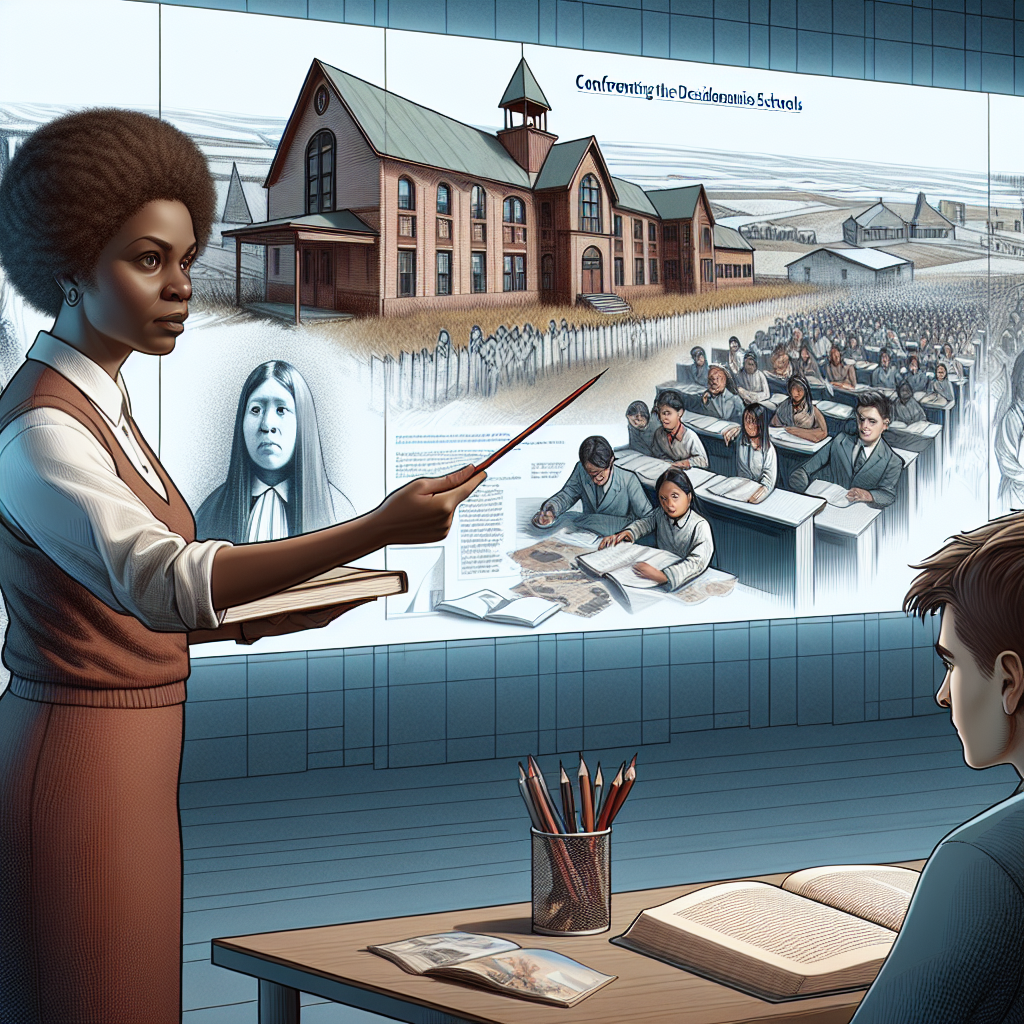Confronting Residential School Denialism in Canada
Confronting Residential School Denialism in Canada
Understanding the Issue
Residential school denialism in Canada refers to the rejection or minimization of the historical and ongoing impacts of residential schools on Indigenous communities. This denialism undermines the experiences of survivors and hinders reconciliation efforts.
Key Challenges
- Historical Revisionism: Some individuals and groups attempt to rewrite history, downplaying the abuse and trauma experienced by Indigenous children.
- Lack of Awareness: Many Canadians remain unaware of the full extent of the residential school system’s impact, leading to misinformation and denial.
- Political and Social Resistance: Efforts to address denialism often face opposition from those resistant to acknowledging systemic injustices.
Efforts to Combat Denialism
- Education Initiatives: Increasing educational programs and resources to inform the public about the true history of residential schools.
- Survivor Testimonies: Amplifying the voices of survivors to share their stories and experiences.
- Policy Changes: Implementing policies that recognize and address the historical injustices faced by Indigenous communities.
Conclusion
Confronting residential school denialism is crucial for fostering understanding and reconciliation in Canada. By acknowledging the past and supporting educational and policy initiatives, Canadians can work towards healing and justice for Indigenous communities.
































